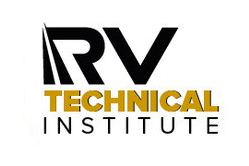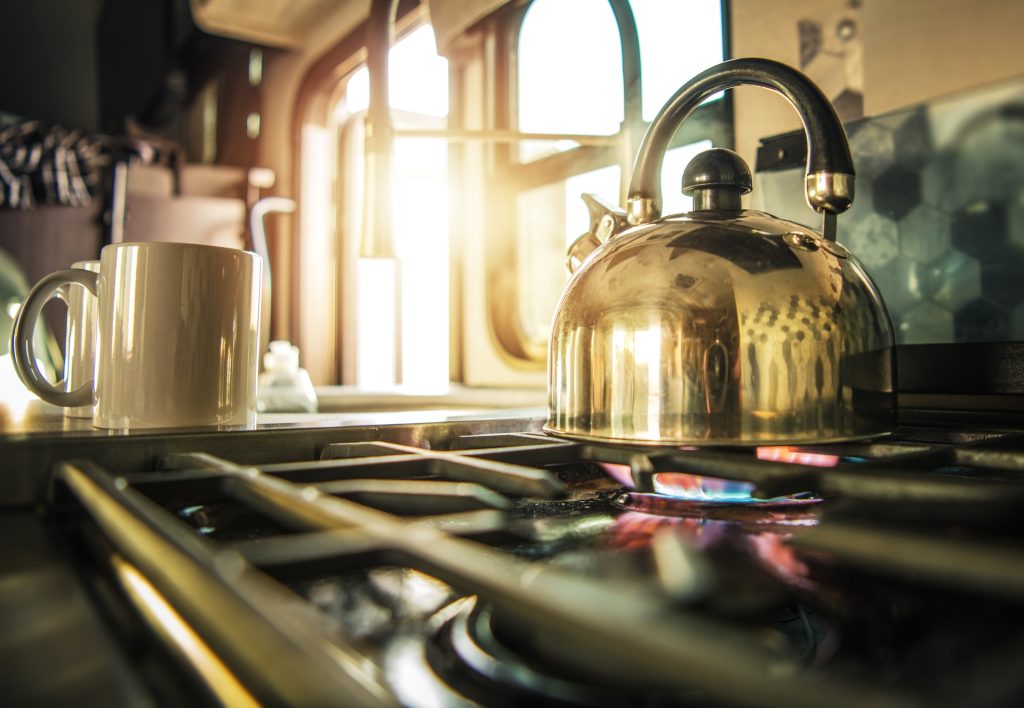
Propane is one of the most important and useful components in any RVer’s packing list. Heat, power, cooking, and more are all powered by propane, but it’s important to follow safety rules to prevent injuries or property damage. Here’s a short overview of propane safety practices.
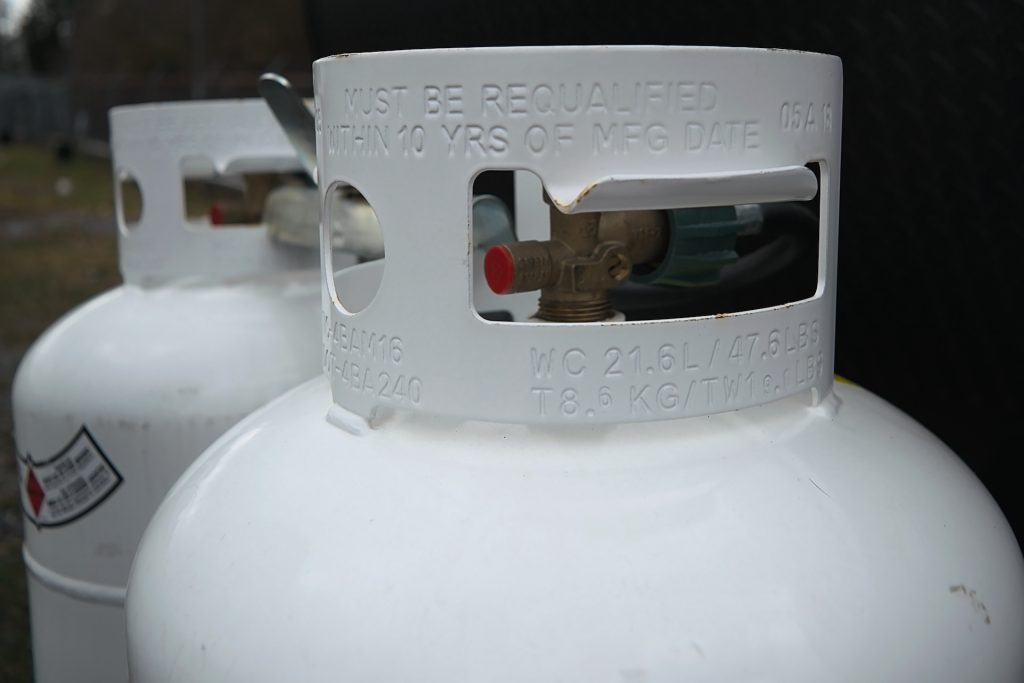
Store the Tanks Properly
Propane tanks need to be stored outside in an upright position, including during transport and use. Tanks should never be stored inside the RV or where people are seated because they can release fumes and become dangerous in a collision. Make sure to secure the tanks with straps or other gear, being careful to ensure that they don’t have room to bang around or fall over when you take a curve.
This rule also applies to keeping the tanks safe from damage. Choose a storage location that protects the tanks from extreme temperatures and the potential for damage from debris or dirt from the road. Many RVs have dedicated built-in propane storage solutions that take much of the guesswork out of safely storing tanks, but it’s still important to take the time to properly secure and protect the tanks.
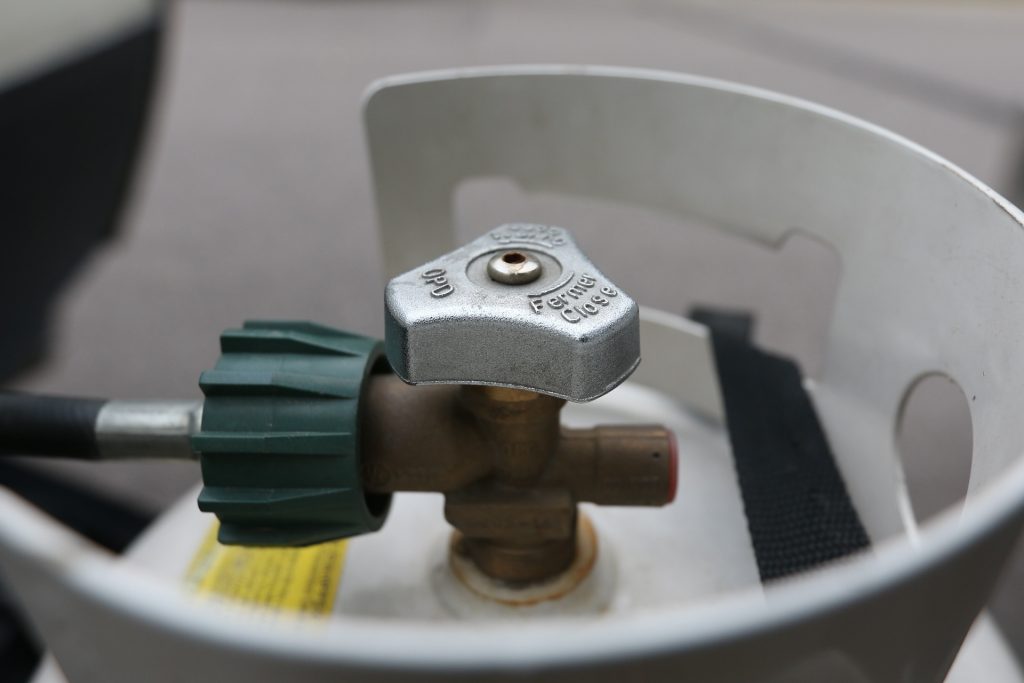
Inspect and Maintain the Tanks
Propane tanks don’t have tires and brakes to maintain, but they do have valves, and the tanks need to be checked for damage or corrosion. Check for loose fittings, pinched propane lines, and damage to the release valve. If you have a flow regulator or other gear, ensure that it’s working properly and that you understand what it says. Some surface rust or scratched paint on the tank itself is no big deal, but check the tank for dents and other damage that could compromise its integrity. Propane tanks also need to be re-certified every twelve years.
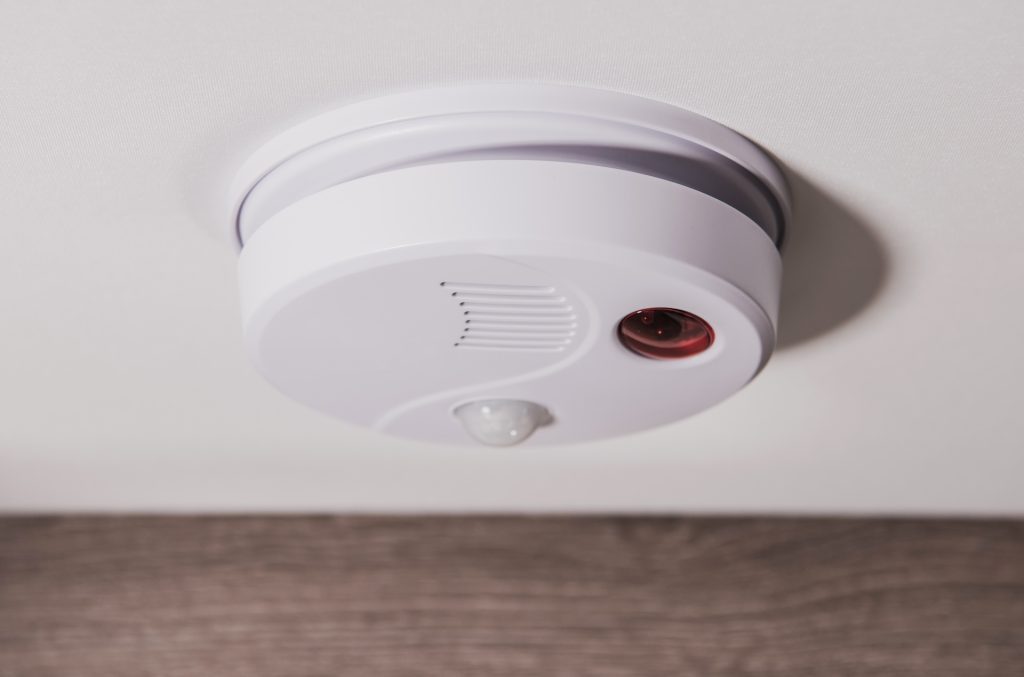
Maintain Ventilation
Even with proper storage and maintenance, propane tanks can be dangerous. Make sure to open a window and ventilate the RV’s interior when you’re cooking with propane, and you should avoid using portable propane-powered items like heaters and other equipment inside. Make sure to have a working CO detector to alert you if there’s a buildup of gas, and it’s essential to properly and completely close the propane tanks’ valves after use.
If you’d like to learn more about staying safe with propane, cooking, or any other RV-related activity, come see our knowledgeable staff at Valley RV. We’d be excited to talk through the best safety practices, schedule a test drive, or help you configure the new Jayco RV of your dreams.


